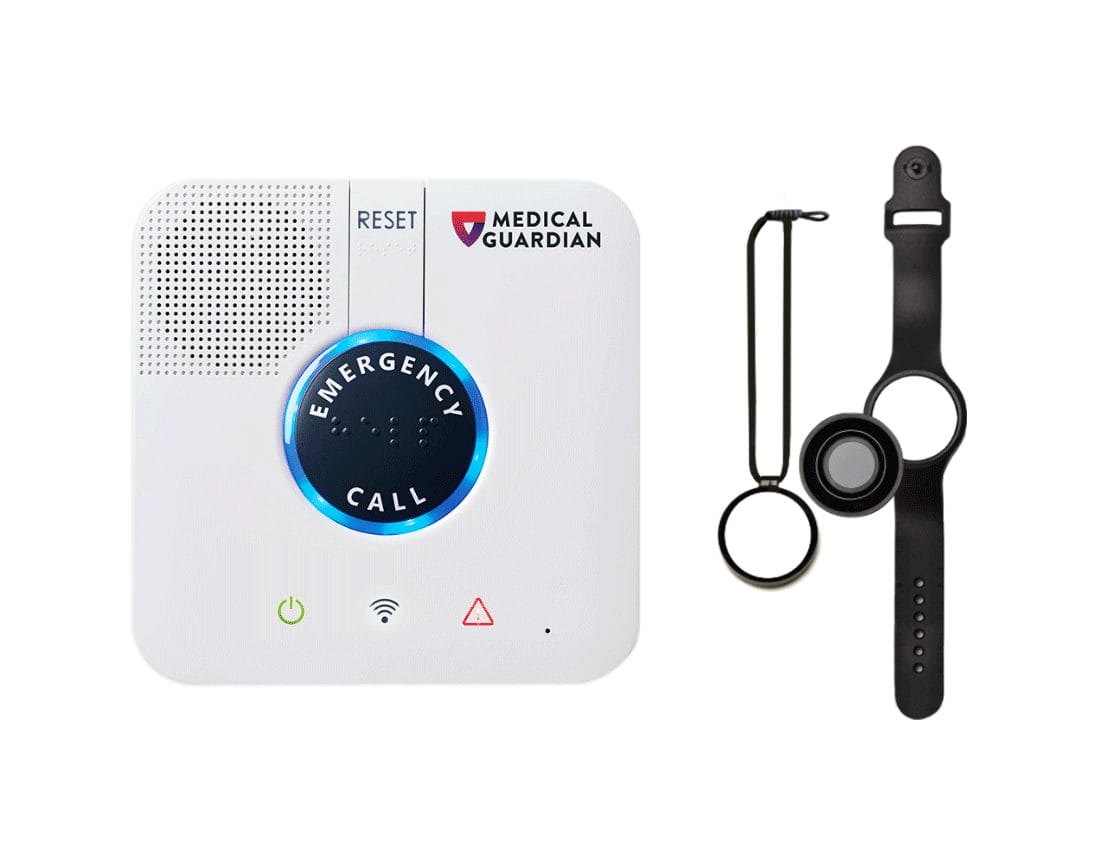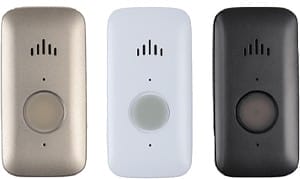
Medicare fraud is a deceitful practice that can cost older adults money and the security of their personal information. This type of fraud costs Medicare an estimated $60 billion a year. According to the United States Sentencing Commission, the number of reports of health care fraud increased by 1.4 percent from 2018 to 2022. Because seniors rely on legitimate Medicare services to preserve their health and wellness, it can be tough to avoid being the target of these scams. Here, we’ll explain Medicare fraud, like identity theft, illegitimate marketing schemes, forgery, phantom billing, and more, so you and your loved ones can avoid the potential consequences of falling victim to this kind of scam.
Types of Medicare fraud
Medicare fraud occurs in many forms and through many methods. Here are some of the most common types of Medicare fraud to which seniors might fall victim.
Identity theft
This type of Medicare fraud involves scammers contacting beneficiaries via phone, mail, text, or email to gain access to their personal information, like Medicare numbers, Social Security numbers, and addresses. They use this information to file false Medicare claims. They might receive medical care, prescriptions, or Medicare payments under the victim’s name and Medicare number.
Scammers might threaten to suspend your benefits if you do not provide your personal information. Be aware that no one from Medicare will ask for your details by threatening to suspend your benefits.
Bogus Medicare marketing
In this type of Medicare fraud, scammers call older people offering a too-good-to-be-true deal for expensive medical equipment or an unnecessary medical service at a discounted rate. They also might try to sell the individual on a Medicare Advantage plan (note that Medicare Advantage providers are not allowed to cold-call). The scammers will ask the victim to confirm their personal information and then use it to file high-cost Medicare claims in the beneficiary’s name.
Medicare forgery
Medicare forgery fraud is when scammers write fake prescriptions for medicine and durable medical equipment, usually on legitimate stolen or photocopied prescription pads. A senior might receive a call from a bogus call center, medical equipment provider, or telemedicine representative asking the senior to verify their Medicare coverage before a consultation with their doctor. The scammer then writes the fake prescription.
Prescription drug diversion
Drug diversion scammers use methods similar to those of forgers and identity thieves to collect personal information. However, a diversion scam involves scammers using the information to divert legal prescriptions from seniors to themselves for illegal purposes. They will sell the older adult’s prescription medication for a profit or keep it for personal use.
Impersonating a health care professional
Health care professional impersonation scams happen when the beneficiary sees a doctor who is not properly licensed. The individual renders services and then files a false claim with Medicare. If the unlicensed doctor successfully receives a payment from Medicare, that is considered fraud.
Phantom billing
Phantom billing happens when an unscrupulous health care provider bills Medicare for services, equipment, or medication that the beneficiary does not need or never receives. Victims might receive equipment or medication they never requested or see services in their explanation of benefits that they never received. The scammer gets Medicare payments for these items or services.
Double billing
Double billing is when a provider bills Medicare multiple times for the same service or when two providers try to get paid by Medicare for the same service rendered to the same patient on the same date. Victims might notice two charges for the same service, charges from two health care providers for the same service, or a single charge with a duplicate charge listed within a bundled claim for several services in one. Double billing steals millions of dollars from Medicare every year.
Upcoding
Upcoding is a type of Medicare fraud in which deceitful providers submit codes to Medicare for more serious and expensive services than they performed so that they receive more money from Medicare than they are entitled to. An example of upcoding is when a doctor sees a patient briefly during a routine examination but bills Medicare for an extensive presurgical consultation.
Consequences of Medicare fraud
Scammers and health care providers who commit Medicare fraud can face substantial consequences. Depending on the state where the offense occurred, fraudsters could owe thousands of dollars in fines and face years in prison.
But what negative effects do seniors face after being victimized by a Medicare fraud scammer? Medicare fraud can negatively impact the beneficiary’s care. Potential consequences include owing copayments on unnecessary or unreceived items or services. The victim may also max out their insurance limits or be disqualified for future prescriptions or medical procedures since they show as having already been received or performed.
How to spot Medicare fraud
Medicare fraud can present in several ways. Targets may receive communication containing threatening language or offers that are too good to be true in an attempt to access personal information. The fraud may also occur silently, with the victim not knowing it has happened until they notice items listed in their explanation of benefits that they never received, that they were charged twice for, or that are exaggerations of services actually rendered.
What to do if you suspect Medicare fraud
Your first defense is not to disclose personal information to anyone making unsolicited contact requesting your Medicare information. You should treat your Medicare number as a credit card, not giving it out to anyone without verifying their identity. If you are on the phone with a suspected scammer, you should hang up and call Medicare at 1-800-MEDICARE to verify if the call is legitimate. Keep in mind that Medicare rarely initiates contact by phone. You may receive a phone call from Medicare if you’ve requested a callback or if a plan you’re already enrolled in needs to contact you.
You should also keep a close eye on the explanation of benefits provided to you by Medicare to check for any fraudulent claims. If you’ve fallen victim to a scam, you should report the fraud to the Office of the Inspector General at 1-800-HHS-TIPS. If your identity has been stolen, you can also file a complaint with the Federal Trade Commission.
Medicare fraud schemes are becoming more prevalent. They cost Medicare billions of dollars per year. However, by educating yourself with the information above and remaining vigilant, you can protect yourself and your benefits.








